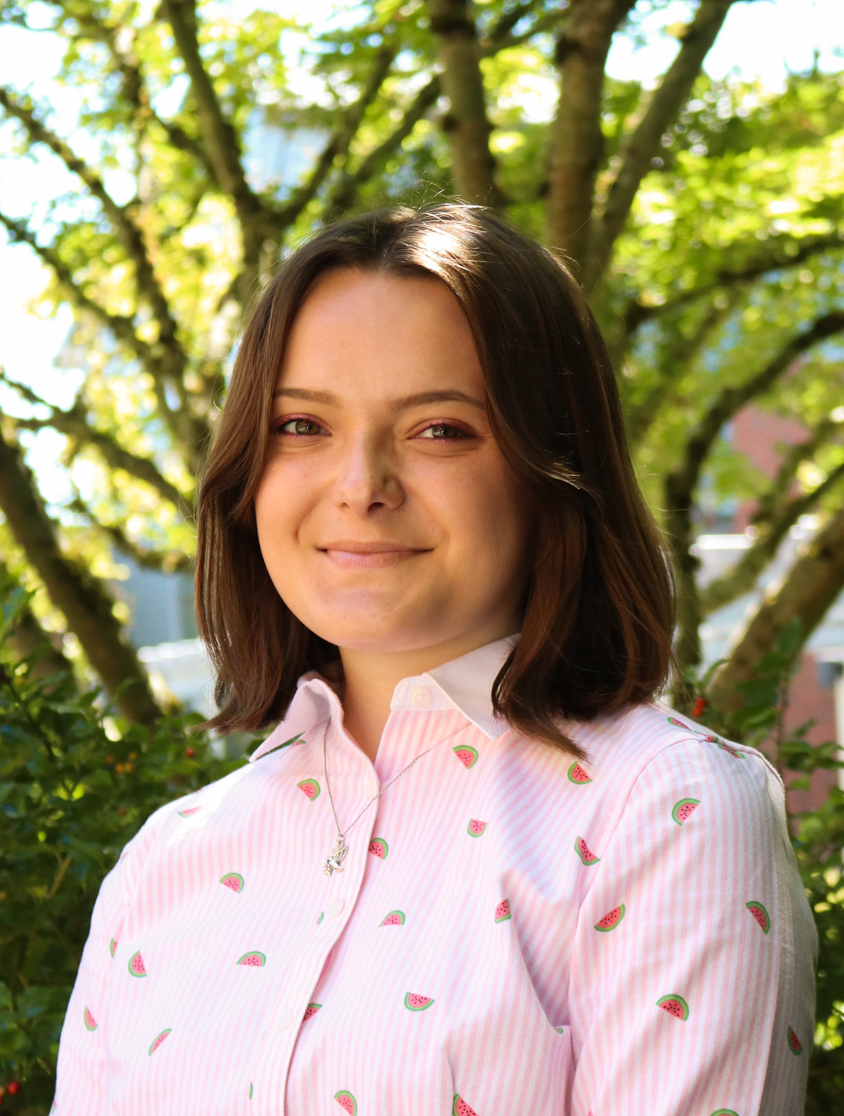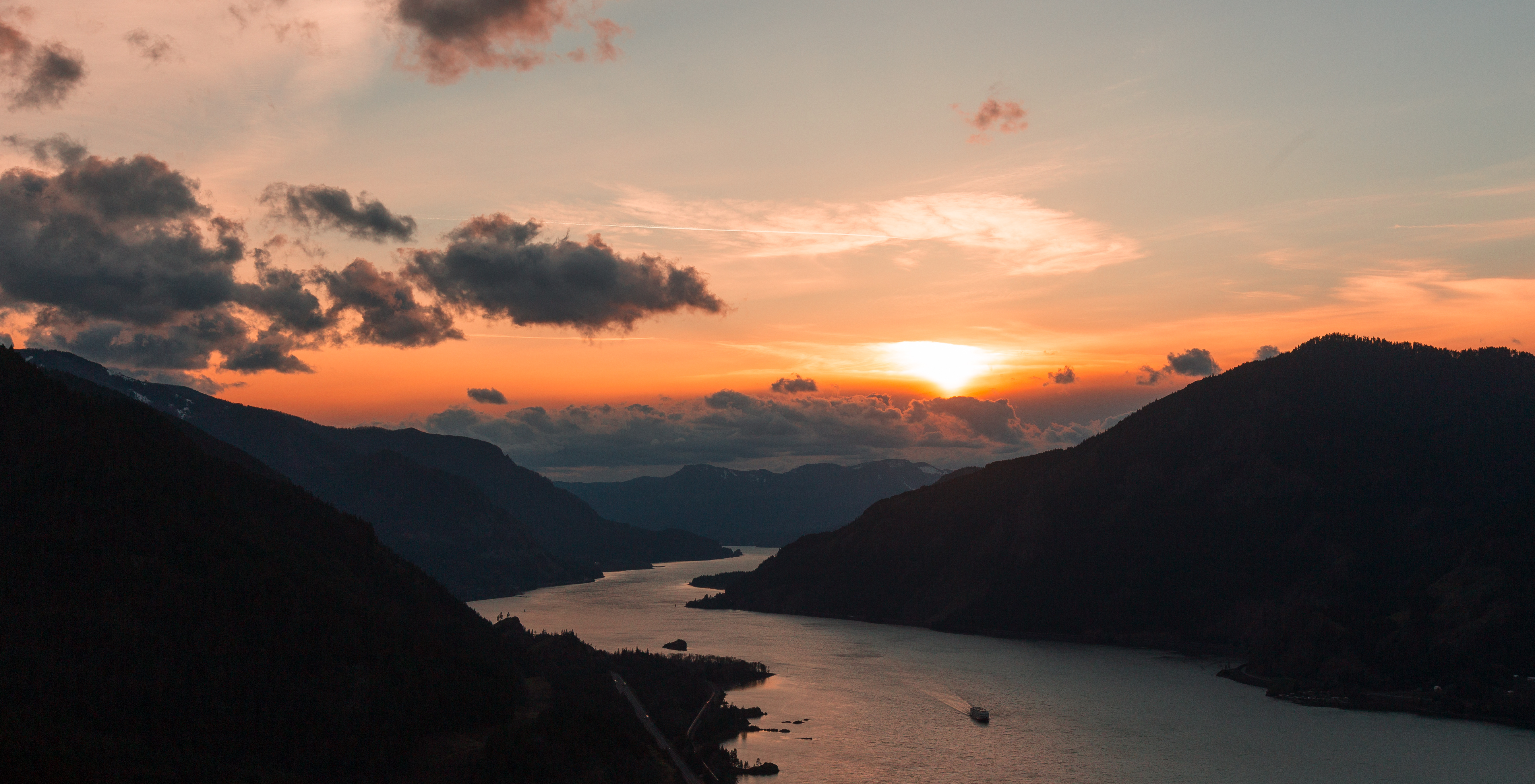The Columbia River is a powerful life force, housing a diverse ecosystem and sustaining those who reside in the Pacific Northwest. Though the river is an important substructure for all, indigenous peoples of the Cowlitz Tribe have made the Columbia River watershed their native home for millennia. However, within the past several decades this massive body of water has been altered by man-made industrial dams that exploit resources and dangerously decrease the population of various animals, severely altering the environment where Cowlitz people thrive.
A big factor in preserving the Columbia River watershed requires action and persistence to create a natural, healthy and livable environment for everyone. The river has a crucial presence for the entire region, as it supplies transportation, electricity, drinking water and farmland irrigation. Despite these crucial benefits that the river provides, its environment is being destroyed in the process at a rapid rate.

Over 16 million salmon had once swum through the Columbia River, but these numbers have since dwindled, according to Taylor Aalvik, the Cowlitz Tribe’s director of natural resources. Many of the indigenous peoples who live along the river rely on fishing for salmon, and so do other organisms who are a part of the river’s vast ecosystem.
“What was once a lush wetland area that was vital to salmon and their migration, are now cut off forever. That makes it a challenge when addressing how to bring back the salmon when so many habitat conditions have been lost, and this is one of the major issues that we face today in the lower Columbia on restoring habitats,” Aalvik said.
In response to the Columbia River watershed’s current environmental and ecological status, WSU Vancouver and the Cowlitz Tribe were chosen by the international Ethics and Treaty Project to be academic and tribal hosts of the seventh annual “One River, Ethics Matter” conference held on Dec. 9 and 10 over Zoom. With over 250 viewing participants from across the country, several panelists with various backgrounds came together to discuss the importance of indigenous life, and how the environment of the watershed could be improved. Several panelists who spoke at the conference were WSU Vancouver alumni, members of the Cowlitz Tribe and individuals from other tribes around the Pacific Northwest and Canada.
The conference expressed a need for change and renegotiation of an existing treaty when it comes to the Cowlitz tribe’s goal to propose a better balance between hydropower and flood control along the river.
Spiritual leader for the Cowlitz Tribe, Tanna Engdahl, displayed the significance of the Columbia River as a living being to be deeply respected. She explained how the river itself has a voice, and its own innate needs. Engdahl communicated how important it is for all tribes to have a powerful voice when making decisions about legal stipulations that impact the land they live on.
“This river, it has trade, it has commerce, it has hydro, it has flood protections that need to be mitigated and reworked in this treaty that we’re talking about. But, getting the attention of people who are in federal service, who are far away. The farther away you are, the less you feel the intensity of need,” Engdahl stated. “I think the tribes, their voices are becoming stronger and reaching out further. As they reach further into government and reach further into [communities], people have to hear them because they’re speaking louder and stronger.”

(David Priymak / The VanCougar)
Working as part of the conference’s planning committee, the university’s director of Native American affairs, Professor Steven Fountain, was tasked to moderate the first two panels during the conference on Dec. 9. Fountain explained that working alongside the Cowlitz Tribe with people who are involved in various aspects of the healthcare, science, education and historical fields, further explains how WSU Vancouver fits into the Columbia River’s past and present story.
“I have worked with tribes and the native community for several years now, and there was a request from this conference, which has moved around the region. … Some of the folks at Cowlitz connected me as the liaison, a pretty easy thing to say yes to. It [was] a unique conference for me,” Fountain said. “It is a chance for us to highlight the fact that we are working on these issues on the lower river, we do have a very strong environmental program [at WSU Vancouver] that is connected to the Cowlitz tribe, and we’ve done a lot of projects with the tribe as well.”
Chairman of the Cowlitz Tribe, Philip Harju, was also an essential voice when communicating the conference’s larger message. He explained the importance of the conference, anticipating that it will encourage others to protect the Columbia River watershed and its surrounding environments.
“For this conference, there are some powerful speakers both from the Cowlitz Tribe, the community and WSU [Vancouver]. … My hope is that we will walk away from this conference with an improved understanding and awareness that we all are stewards of the land. We all have
an obligation to save our water. Water is ours to protect for our ancestors and future generations to come,” Harju said.
Treating the Columbia River with care and attention will be crucial in its environmental success in the future, as the “One River, Ethics Matter” conference conveyed. While demonstrating the importance of the land and river, the Cowlitz Tribe ultimately declared water as a physical and spiritual body that Pacific Northwesterners should guard, protect and deeply care for.

Olivia is a senior studying English at WSU Vancouver.

Well presented Olivia. Thanks for your dedication to voices that need hearing.